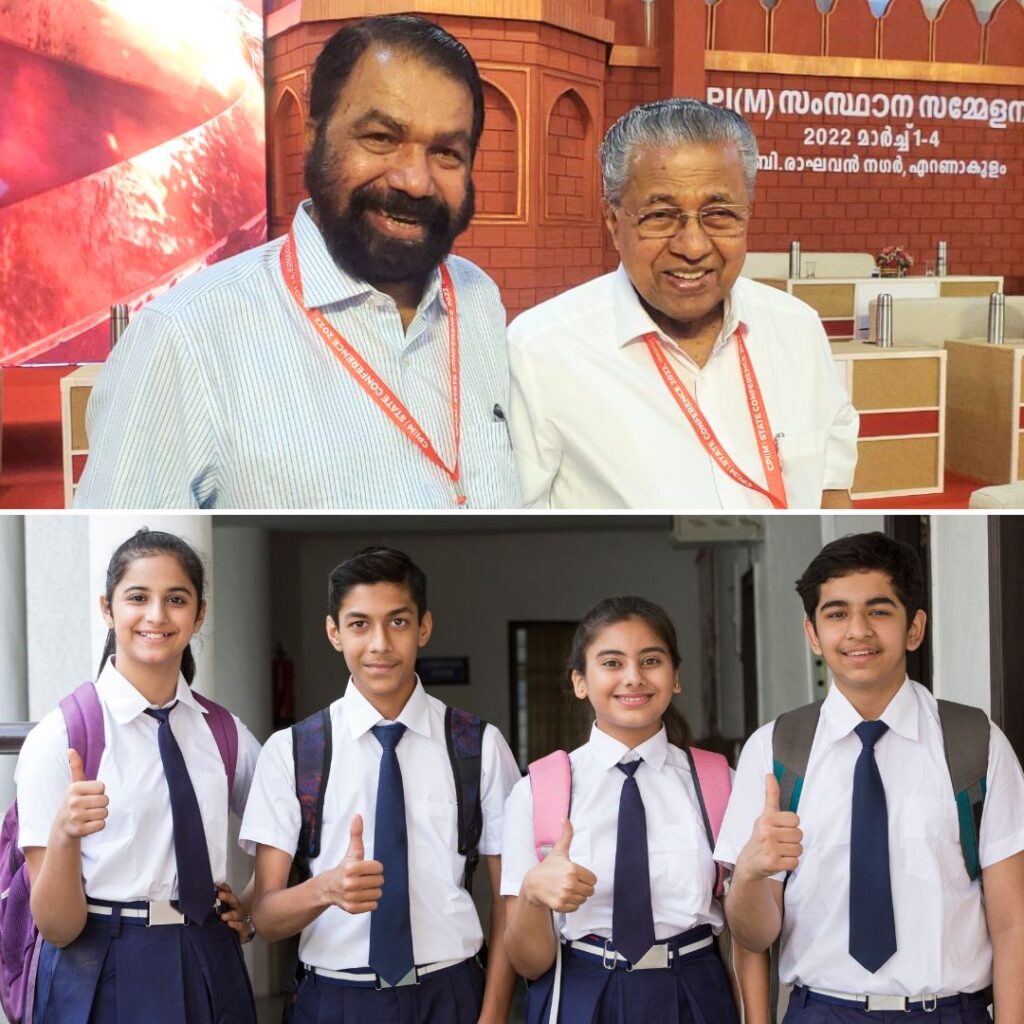The Andhra Pradesh government, led by Chief Minister N. Chandrababu Naidu, has dissolved the State Waqf Board established by the previous YSR Congress Party regime, citing prolonged non-functioning and legal challenges. This decision, formalised in a Government Order (GO) on November 30, 2024, follows a High Court stay on the board’s chairperson election due to ongoing litigation. Minister for Minority Welfare N. Md. Farooq stated that the move aims to ensure better governance and the protection of Waqf properties while addressing administrative gaps created by the previous board’s issues.
Dissolution for Better Governance
The Andhra Pradesh government revoked the earlier Government Order (GO 47) that constituted the Waqf Board on October 21, 2023. The decision was made after the Chief Executive Officer of the AP State Waqf Board reported that it had been “non-functional for an extended period” since March 2023. In light of ongoing legal challenges, including 13 writ petitions contesting the board’s legitimacy, the government emphasised its commitment to maintaining good governance and safeguarding Waqf properties. K Harshavardhan, Secretary to the government, noted that this move was essential to prevent administrative stagnation and ensure efficient operations within the board.
Legal Challenges and New Governance Framework
The dissolution comes amid significant political controversy surrounding the Waqf (Amendment) Bill 2024, which has faced opposition from various stakeholders, including Muslim organisations and the YSR Congress Party. The Andhra Pradesh High Court’s intervention on November 1, 2023, halted the election of a chairperson due to procedural irregularities in appointing board members. In response to these challenges, the coalition government has issued a new Government Order (GO 75), which aims to provide a legal framework for reconstituting the Waqf Board with a focus on transparency and proper governance. Minister Farooq reiterated that protecting Waqf properties and ensuring minority welfare remain top priorities for the current administration.
Commitment to Minority Welfare
Amidst ongoing discussions about minority representation and governance structures, Minister Farooq assured that the coalition government is dedicated to effectively managing Waqf properties and addressing community concerns. He stated, “The government will take all necessary steps to protect and manage Waqf properties transparently and effectively.” This commitment is crucial as Andhra Pradesh’s Muslim community constitutes approximately 9.56% of the state’s population, highlighting the need for inclusive governance that respects minority rights.
The Logical Indian’s Perspective
The dissolution of the Waqf Board raises essential questions about governance and representation within minority communities in Andhra Pradesh. While legal challenges necessitate decisive action from the government, it is imperative that any new board prioritises inclusivity and transparency to foster trust among all stakeholders. As we reflect on this development, we encourage our readers to consider: How can we ensure that minority voices are adequately represented in governance structures? Your thoughts and insights are welcome as we strive for a more harmonious society together.
News in Q&A
1. What recent decision did the Andhra Pradesh government make regarding the Waqf Board?
The Andhra Pradesh government, led by Chief Minister N. Chandrababu Naidu, has dissolved the State Waqf Board that was established by the previous YSR Congress Party regime. This decision was formalised in a Government Order on November 30, 2024, and was motivated by prolonged non-functioning and ongoing legal challenges faced by the board.
2. Why was the Waqf Board deemed non-functional?
The Waqf Board had been inactive since March 2023, and its legitimacy was called into question due to multiple legal challenges, including a High Court stay on the election of a chairperson. These issues prompted concerns about administrative stagnation and the need for a more effective governance structure.
3. What are the implications of this dissolution for minority welfare?
The dissolution is part of the government’s broader strategy to ensure better governance and protection of Waqf properties. Minister for Minority Welfare N. Md. Farooq emphasised that the new governance framework aims to address previous criticisms regarding representation and transparency in managing minority affairs.
4. How does this decision relate to ongoing legal challenges?
The decision to dissolve the Waqf Board follows a series of legal disputes surrounding its formation, including 13 writ petitions questioning its constitutionality. The Andhra Pradesh High Court intervened to halt the election process, highlighting the need for a clearer legal framework for the board’s operation.
5. What steps will be taken next regarding the Waqf Board?
In response to these challenges, the government plans to issue a new Government Order aimed at reconstituting the Waqf Board. This new order will focus on ensuring transparency and effective management of Waqf properties while prioritising minority representation in governance.













